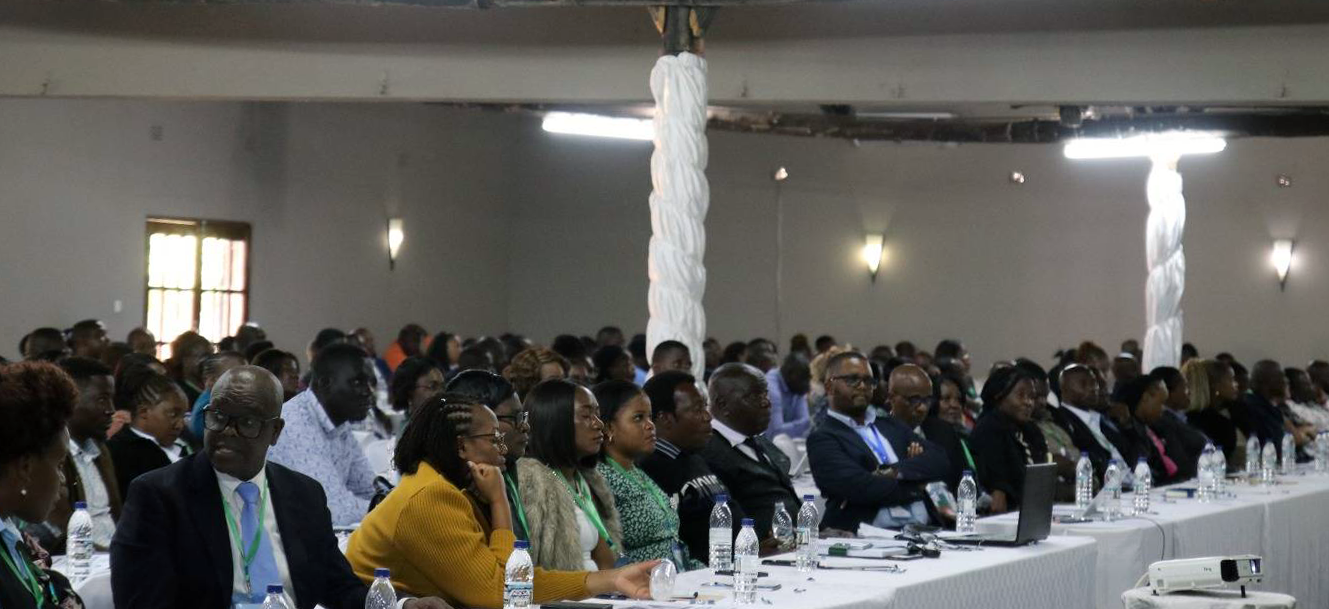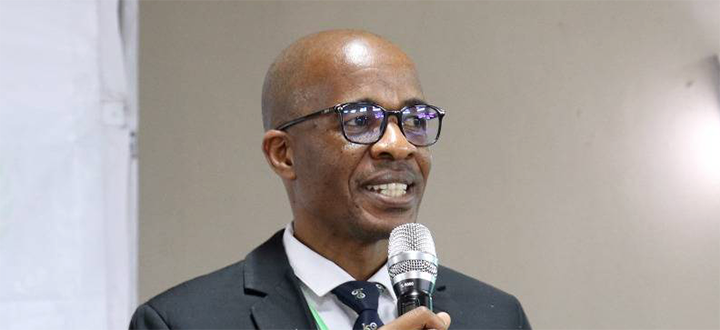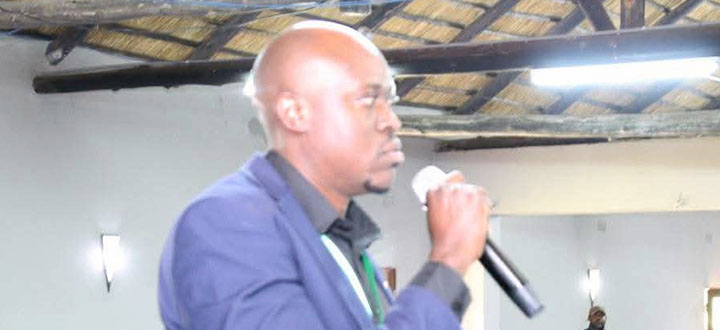

Attendees at the ZARMA Conference
In a world shaken by digital upheaval and global crises, the role of archives has never been more urgent. As institutions grapple with the loss of control over memory and data, a new wave of African leadership is emerging, determined to safeguard history, identity, and truth in the face of uncertainty.
From 28 to 31 July 2025, more than four hundred delegates from across Zambia’s archival and records management sector convened in Livingstone for a landmark professional development conference hosted by the Zambian Archives and Records Management Association (ZARMA). A highlight was the keynote address and workshop led by Professor Mpho Ngoepe, Executive Director of the Unisa Library and Information Services and a leading voice in archival innovation.
Ngoepe’s invitation followed recommendations from regional archivists and a prior engagement with ZARMA President, Abel M'kulama, in Shanghai in 2024. His leadership in digital transformation, records policy, and institutional development made him an ideal catalyst for ZARMA’s vision for growth.

Prof Mpho Ngoepe
“Professor Ngoepe was the natural choice due to his experience and global influence,” said M'kulama. “His visit has offered us practical insights and a renewed vision for the future of our profession.”
In his keynote titled “Disrupt or be disrupted: archives, records, and memory in digital spaces,” Ngoepe called for African institutions to adopt more sustainable, culturally relevant, and digitally driven archival practices. His emphasis on ethics, access, and innovation resonated deeply with the participants.
The workshop session equipped delegates with practical strategies, including digital preservation, metadata standards, disaster recovery planning, and ethical data management. His participatory approach encouraged peer learning and solution-focused dialogue.
Professionals from the National Archives of Zambia, Bank of Zambia, Zambia Revenue Authority, hospitals, universities, local authorities, and the mining sector were among those in attendance.
“The professor's presentations were thought-provoking, insightful, and relevant,” said Charles Chilufya, a delegate from the mining sector. “He tackled our real challenges with solutions tailored to our context.”
“The session gave me a better understanding of records management. I left inspired and more committed to my profession,” said Yvone Bowa from the Ministry of Finance.
“I don’t normally talk in public, but this address touched me deeply, so I had to speak,” said Abby Chimuka Muloongo, a participant who found his voice during the event.

Abby Chimuka Muloongo.
The visit is seen as a pivotal moment for ZARMA’s growth. Drawing on his experience with the South African Society of Archivists (SASA), the Eastern and Southern Africa Regional Branch of the International Council on Archives (ESARBICA), and the International Council on Archives (ICA), Ngoepe offered insights into building sustainable and visionary leadership in professional associations.
“His visit ignited a passion for innovation and professionalism,” said the ZARMA Executive Committee. “It marked a stepping stone toward defining who we are and what we stand for.”
As Ngoepe continues to champion regional cooperation and African-led archival development, ZARMA expressed deep appreciation to Unisa for supporting this knowledge-sharing mission. “We are truly grateful for his willingness to share, teach, and uplift,” said M’kulama “Our professionals leave this conference inspired, equipped, and ready to act.”
The conversations started in Livingstone are expected to influence policy reforms, inspire cross-sector collaboration, and strengthen Zambia’s archival future. The Livingstone engagement reflects Unisa's strategic vision to lead Africa's transformation through innovative, interdisciplinary scholarship by fostering digital preservation, ethical data management, and metadata standards. It reinforces the university's role as a catalyst for regional capacity building and digital empowerment in the archival and records management sector.
* By Itumeleng Mpete, Marketing Coordinator, Library and Information Services
0 Comments.